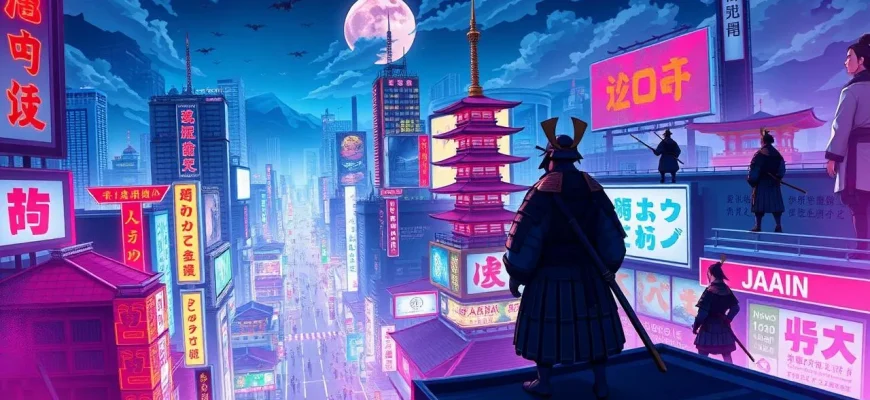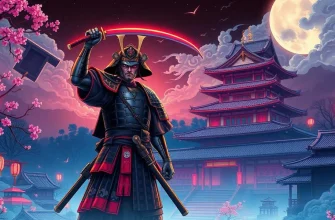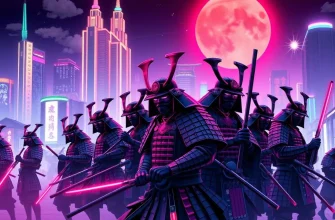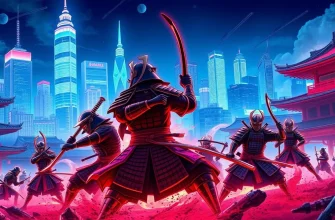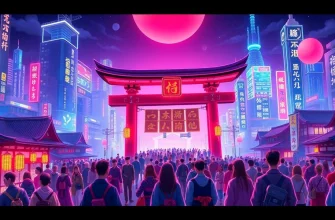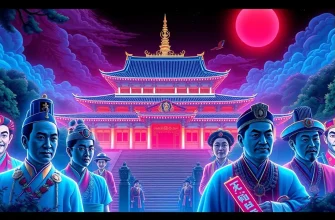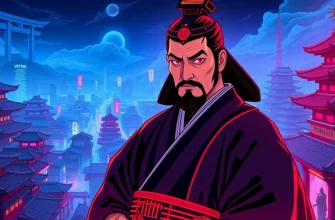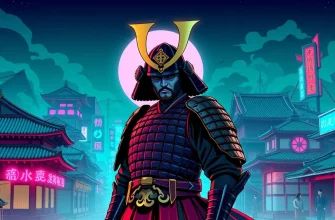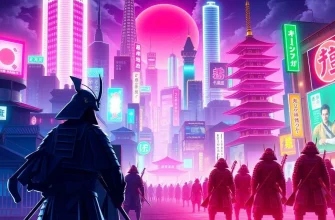The Sengoku period, a time of warring states in Japan from the mid-15th to early 17th century, is a rich tapestry of history, politics, and warfare. This era, known for its samurai, daimyo, and the unification of Japan, has inspired countless films that delve into the lives of historical figures, epic battles, and the cultural shifts that shaped modern Japan. Here's a curated list of 10 films that not only entertain but also educate viewers about this fascinating period, all with English dubbing or subtitles.
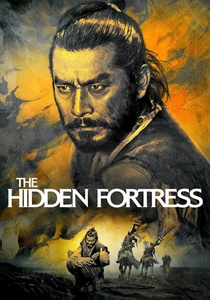
The Hidden Fortress (1958)
Description: Akira Kurosawa's classic tale of two peasants who stumble upon a princess and her general during the Sengoku period, offering a unique perspective on the era through the eyes of the common folk.
Fact: This film was a major influence on George Lucas for his Star Wars series, particularly in the dynamic between the characters.
 Watch Now
Watch Now
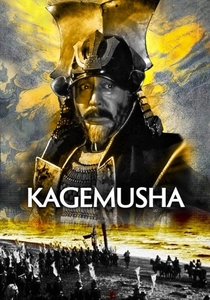
Kagemusha (1980)
Description: Another masterpiece by Kurosawa, this film tells the story of a thief who impersonates a dying warlord during the Sengoku period, exploring themes of identity and leadership.
Fact: Kagemusha was one of the first films to use computer-generated imagery (CGI) for its battle scenes.
 Watch Now
Watch Now
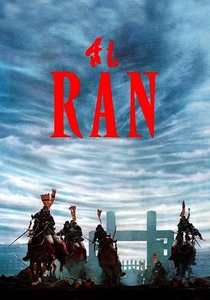
Ran (1985)
Description: Kurosawa's epic reimagining of King Lear set in feudal Japan, where an aging warlord divides his kingdom among his three sons, leading to chaos and betrayal.
Fact: The film's title, "Ran," means "chaos" or "rebellion," reflecting the theme of the movie.
 Watch Now
Watch Now
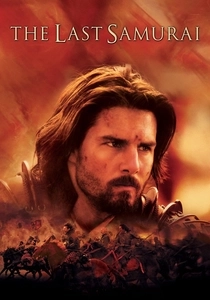
The Last Samurai (2003)
Description: Although not set entirely during the Sengoku period, this film captures the spirit of samurai culture and the transition from feudal Japan to the modern era.
Fact: The film was inspired by the life of Saigo Takamori, a real-life samurai who led the Satsuma Rebellion.
 Watch Now
Watch Now
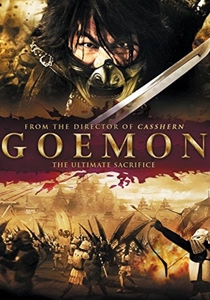
Goemon (2009)
Description: A modern take on the legendary ninja Ishikawa Goemon, who lived during the late Sengoku period, showcasing his fight against corruption.
Fact: The film uses a mix of historical and fictional elements to create a visually stunning narrative.
 Watch Now
Watch Now

Samurai Banners (1969)
Description: This film focuses on Yamamoto Kansuke, a strategist during the Sengoku period, and his efforts to unify Japan under Takeda Shingen.
Fact: The film is based on the novel "Furin Kazan," which is itself inspired by historical events.
 30 Days Free
30 Days Free

Heaven and Earth (1990)
Description: A grand historical drama about the life of Oda Nobunaga, one of the most powerful warlords of the Sengoku period, and his quest to unify Japan.
Fact: The film was shot on location at many historical sites, adding authenticity to its portrayal of the era.
 30 Days Free
30 Days Free

Shogun's Samurai (1978)
Description: This film explores the political intrigue and power struggles within the Tokugawa shogunate, set just after the Sengoku period but reflecting its legacy.
Fact: The film features a complex plot involving the Yagyu clan, known for their martial arts prowess.
 30 Days Free
30 Days Free

The 47 Ronin (1962)
Description: This film recounts the famous tale of the 47 Ronin, a group of samurai who avenge their master's death, set in the aftermath of the Sengoku period.
Fact: The story of the 47 Ronin is one of Japan's most celebrated tales of loyalty and honor.
 30 Days Free
30 Days Free

Samurai Rebellion (1967)
Description: Set in the late Sengoku period, this film explores the conflict between personal honor and duty to one's lord, focusing on a samurai's rebellion against his clan's unjust orders.
Fact: The film is known for its powerful performances and its critique of the samurai code of conduct.
 30 Days Free
30 Days Free

